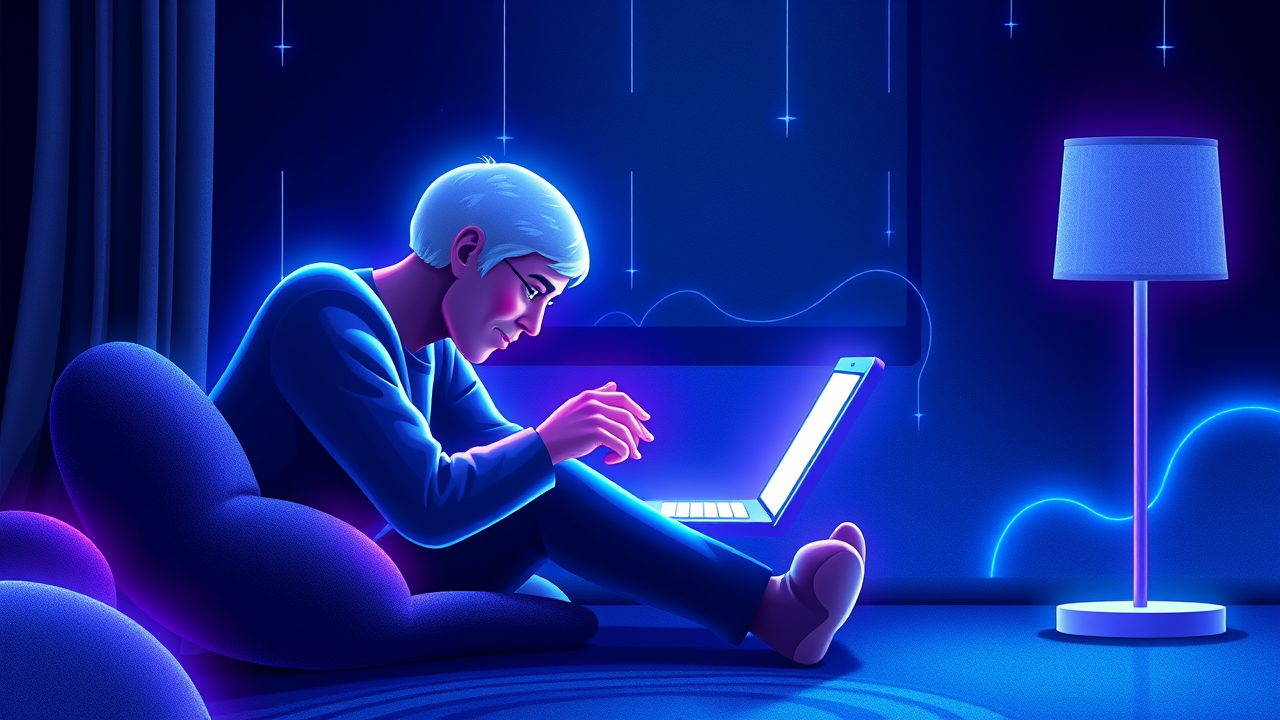Debunking Common Myths About Erectile Dysfunction
Let's be honest, we've all been there—typing a frantic, late-night search into a glowing screen, hoping for a straightforward answer to a deeply personal question, only to be met with a digital chorus of conflicting advice, old wives' tales, and the kind of bravado-fueled nonsense that would make a medical professional weep. Erectile dysfunction is one of those topics, shrouded in so much whispered myth and macho posturing that the simple, human truth of it gets completely lost.It’s a health concern, yes, but it’s also a story about anxiety, about relationships, about the quiet panic that sets in when your body doesn't respond the way your mind expects it to. I remember speaking with a man, let's call him David, a confident, successful architect in his late forties, who confessed that his first encounter with ED sent him down a rabbit hole of internet forums where he was convinced it was a permanent verdict on his masculinity, a point of no return.The reality, as he later learned from a compassionate urologist who took the time to explain the vascular system with the patience of a storyteller, was far less dramatic: a combination of stress from a looming project deadline and a new blood pressure medication. His story isn't unique; it's a narrative echoed in countless doctor's offices, a moment of vulnerability that connects men across backgrounds.The myth that ED is solely a psychological failing, a lack of 'will' or 'desire,' is perhaps the most pernicious, ignoring the intricate ballet of hormones, blood flow, and nerve signals required for an erection—a physiological process as complex and delicate as any other in the human body. Then there's the ageist assumption that it's an inevitable, shameful part of getting older, a trope that dismisses the vibrant sexual health of many seniors and unnecessarily pathologizes a natural ebb and flow.The conversation around treatments is equally muddled, swinging from promises of miracle cures in unregulated supplements to fears that a single pill will irrevocably alter your chemistry, both extremes missing the nuanced middle ground where actual science resides. Pharmaceutical interventions like PDE5 inhibitors, for instance, don't create desire out of thin air; they simply facilitate the body's own natural processes, acting as a catalyst rather than a creator, and their use is part of a broader dialogue about health, not a secret shame.What becomes clear when you listen to the people living this experience, rather than just the myths surrounding it, is that ED is rarely just one thing. It's a symptom, a whisper from the body that something might be off—be it cardiovascular health, hormonal balance, or mental well-being.It’s a crossroads where lifestyle choices, emotional states, and physical health intersect, and treating it effectively requires looking at the whole person, not just a single malfunctioning part. Unpacking these myths isn't just about setting the scientific record straight; it's about restoring a sense of agency and normalcy, about changing the narrative from one of isolated failure to one of shared, manageable human experience.The real tragedy isn't the condition itself, but the silence and shame it cultivates, a silence that the noisy, misguided internet often makes worse. By replacing folklore with facts, and judgment with understanding, we can start to have the kind of honest conversations that actually help people like David find their way back, not just to function, but to a deeper understanding of their own health and humanity.
Latest News
In a development that feels as monumental as the first time humanity grasped the orbital mechanics that would one day take us to Mars, a cadre of international
5 hours ago0 comments
In the grand, unfolding narrative of Africa's energy future, a quiet but profound struggle is taking place, one that pits the seductive allure of quick-fix
5 hours ago3 comments
The persistent longevity gap between the sexes, a phenomenon observed not just in our own species but across a remarkable spectrum of mammalian life, from the
8 hours ago3 comments
The skies above Hong Kong performed a spectacular act of atmospheric theater earlier this month, presenting residents of Tsing Yi with a vision so ethereal it
12 hours ago5 comments
In a landmark study emerging from Spain, a nuanced and more intelligent iteration of the celebrated Mediterranean diet has demonstrated a staggering 31%
14 hours ago5 comments
It’s a quiet truth, one that emerges not in the stark light of a clinic but in the whispered confessions of daily life: the weight of depression isn't a
14 hours ago3 comments
For decades, the very first moment of photosynthesis—the miraculous process that powers nearly all life on Earth—has held a secret, a fundamental asymmetry
14 hours ago3 comments
The very ground beneath California, long accepted as a precarious but predictable neighbor, is now revealing a more volatile and terrifying personality.
15 hours ago4 comments
It’s quiet here...Start the conversation by leaving the first comment.
